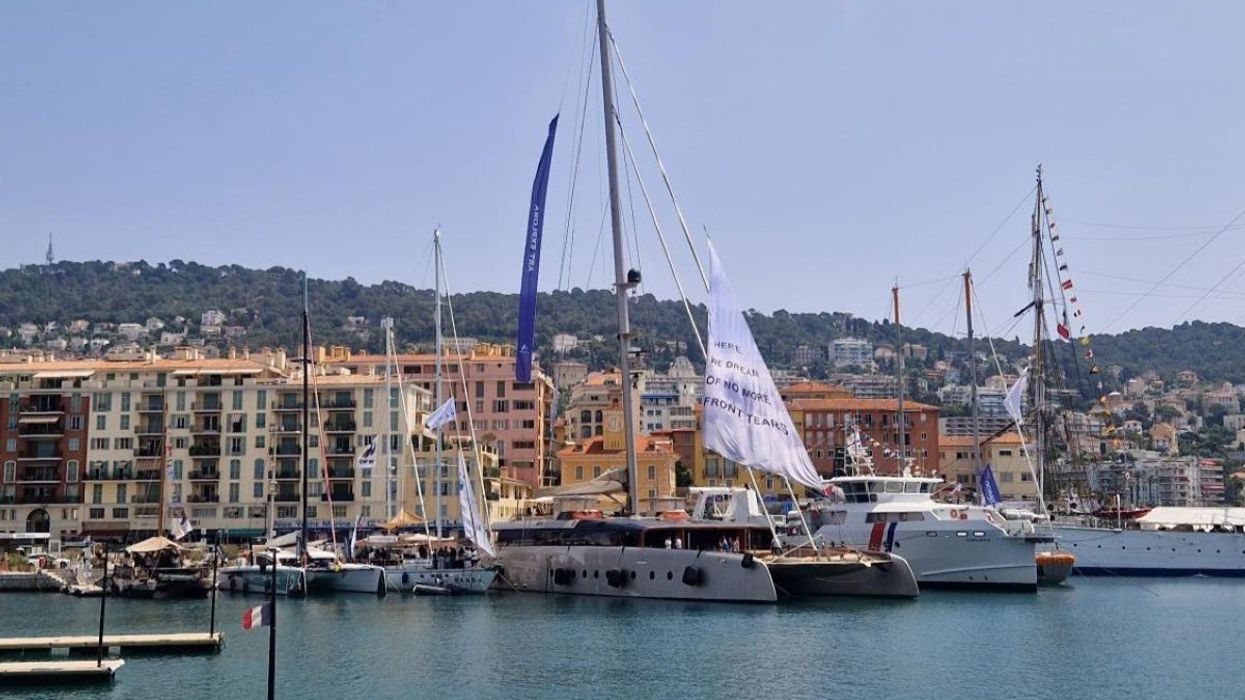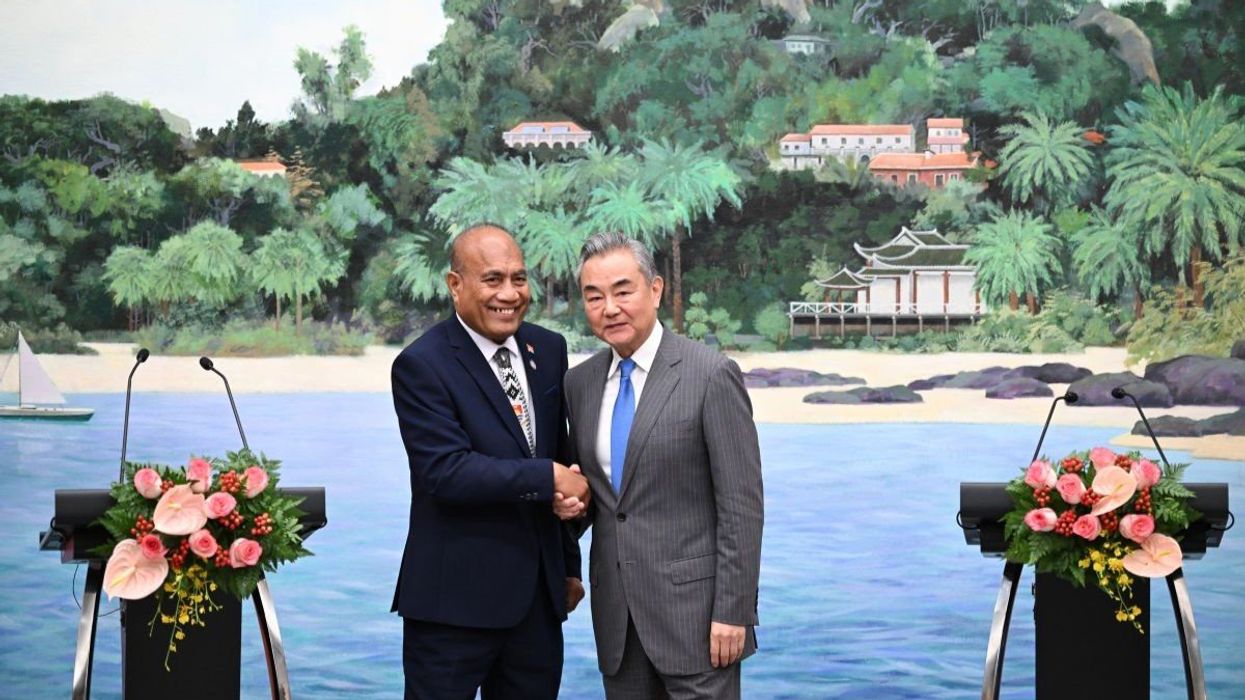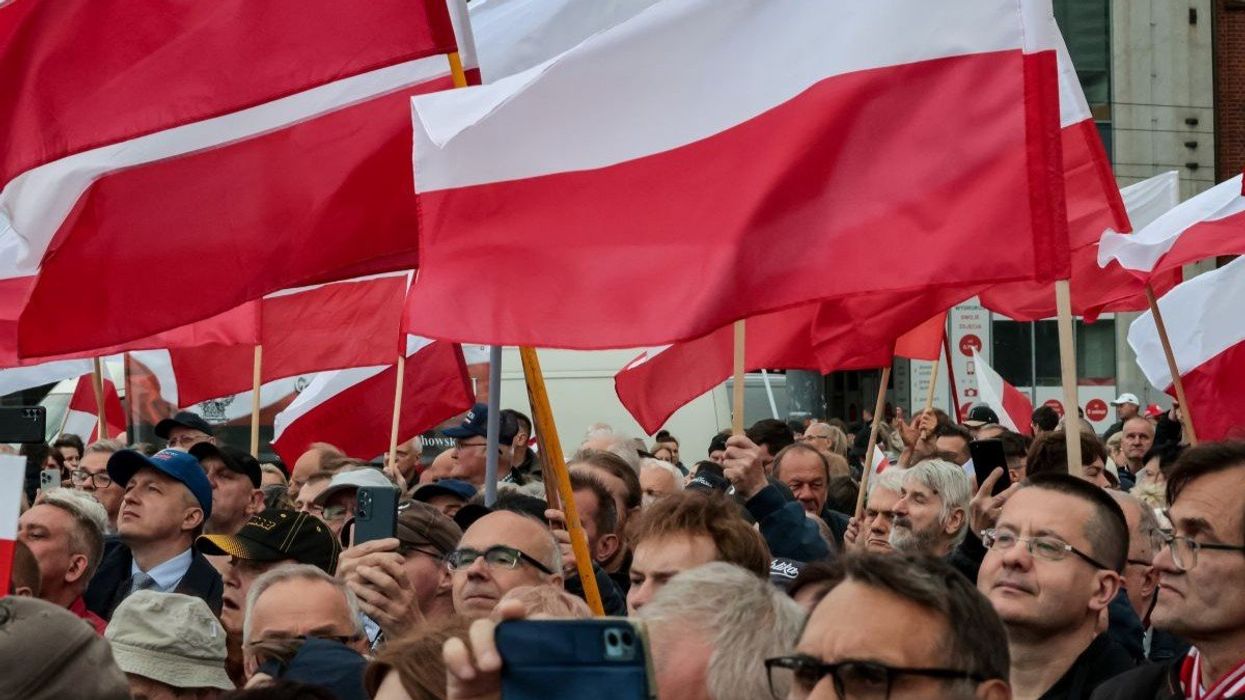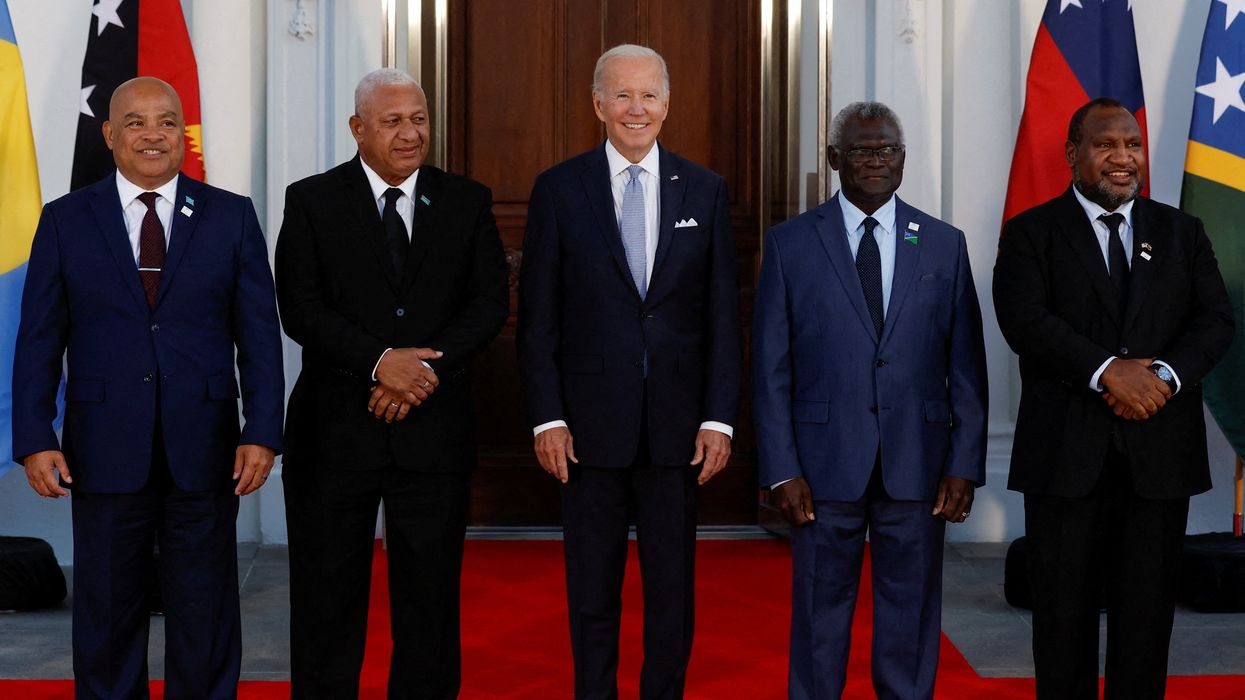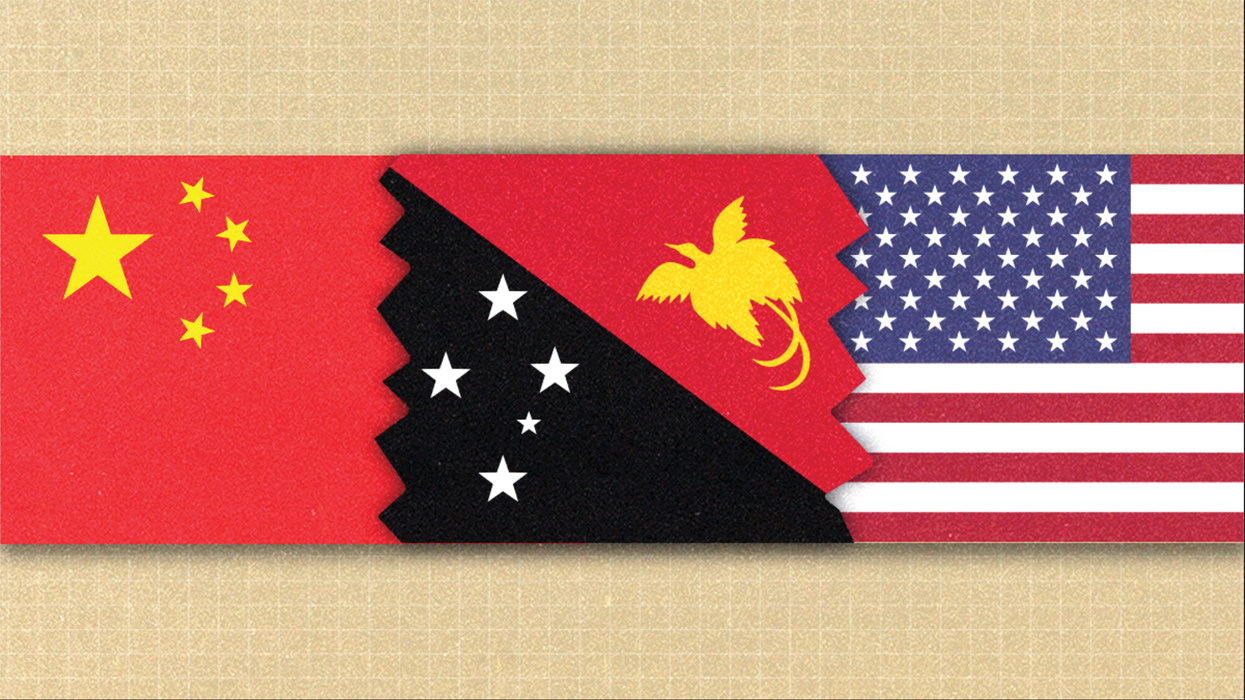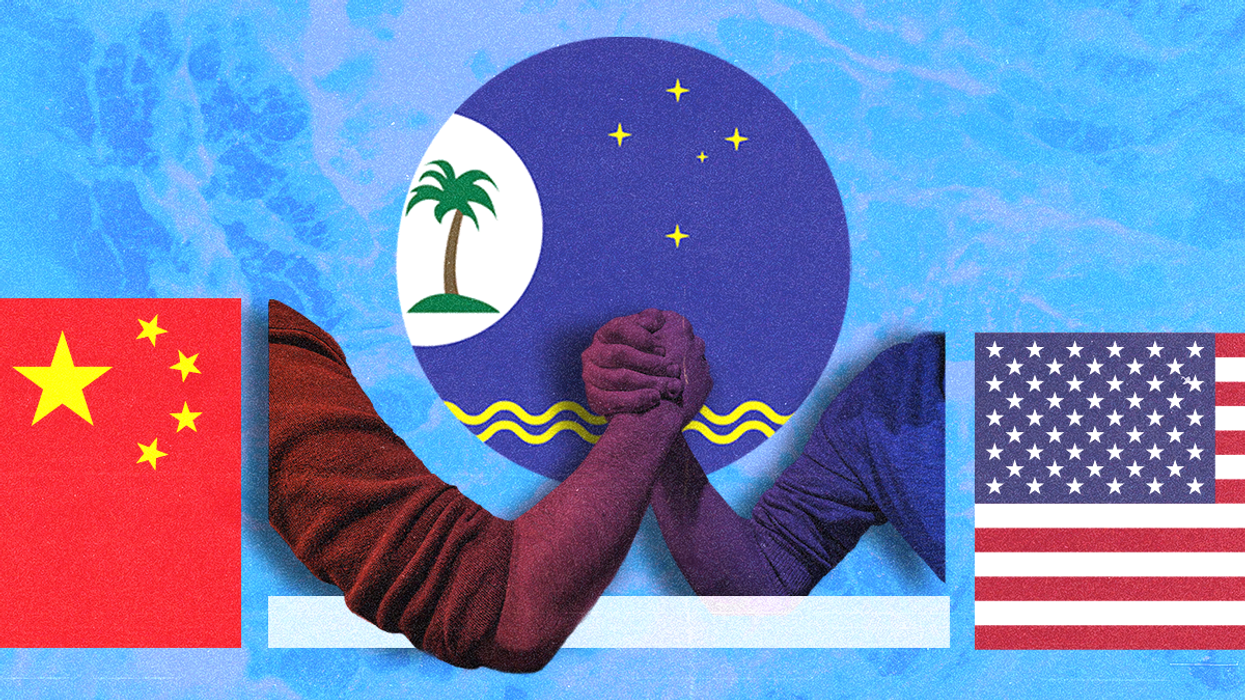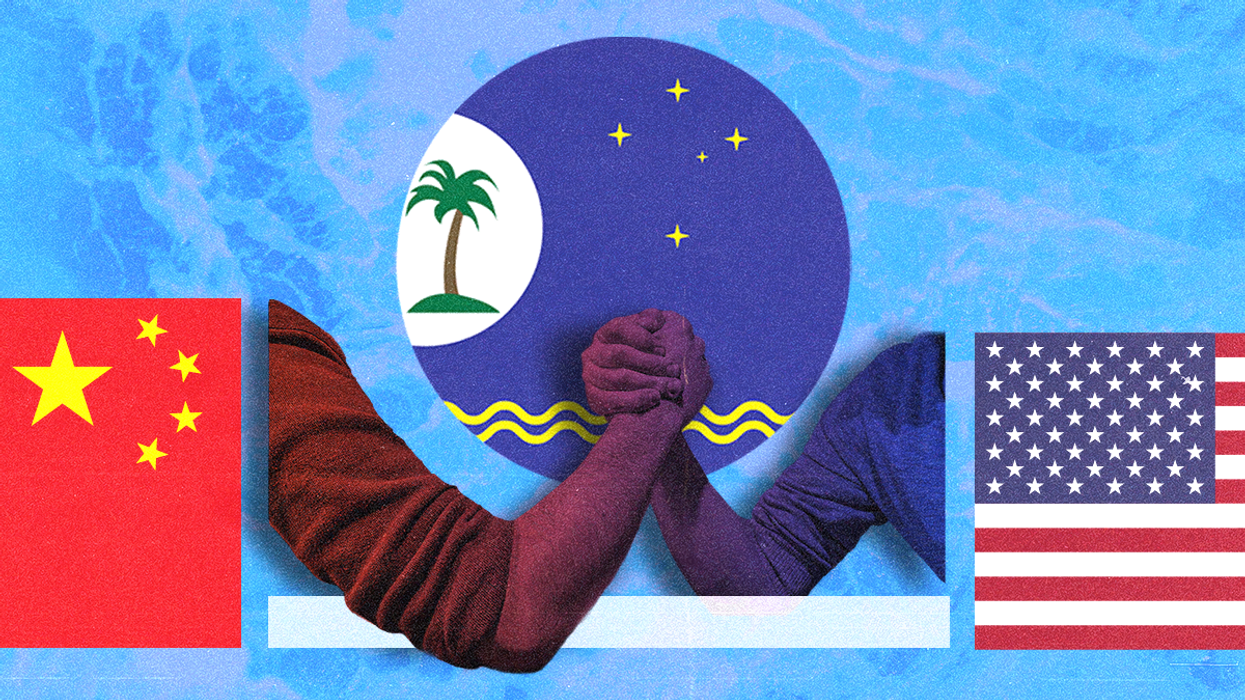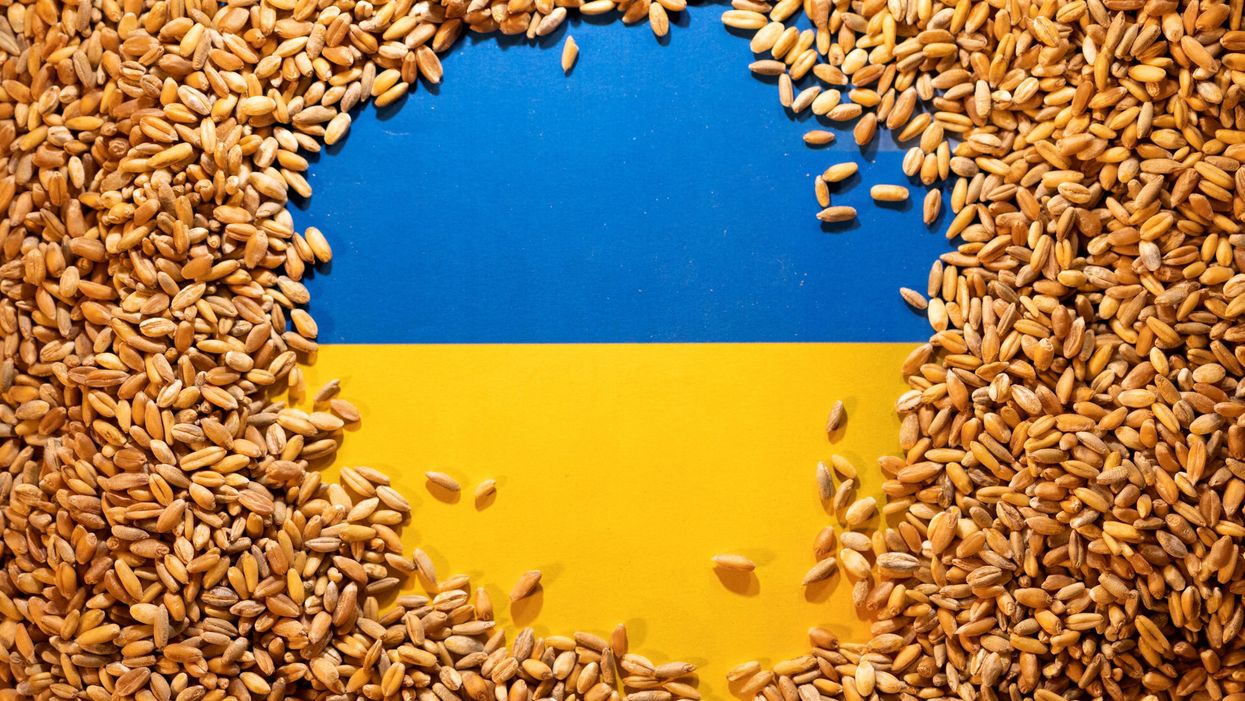Analysis
High time for the high seas: Q+A with Rebecca Hubbard
Eurasia Group’s biodiversity and sustainability analyst María José Valverde sat down with Rebecca Hubbard, the director of the High Seas Alliance, to discuss the High Seas Treaty.
Jun 20, 2025
